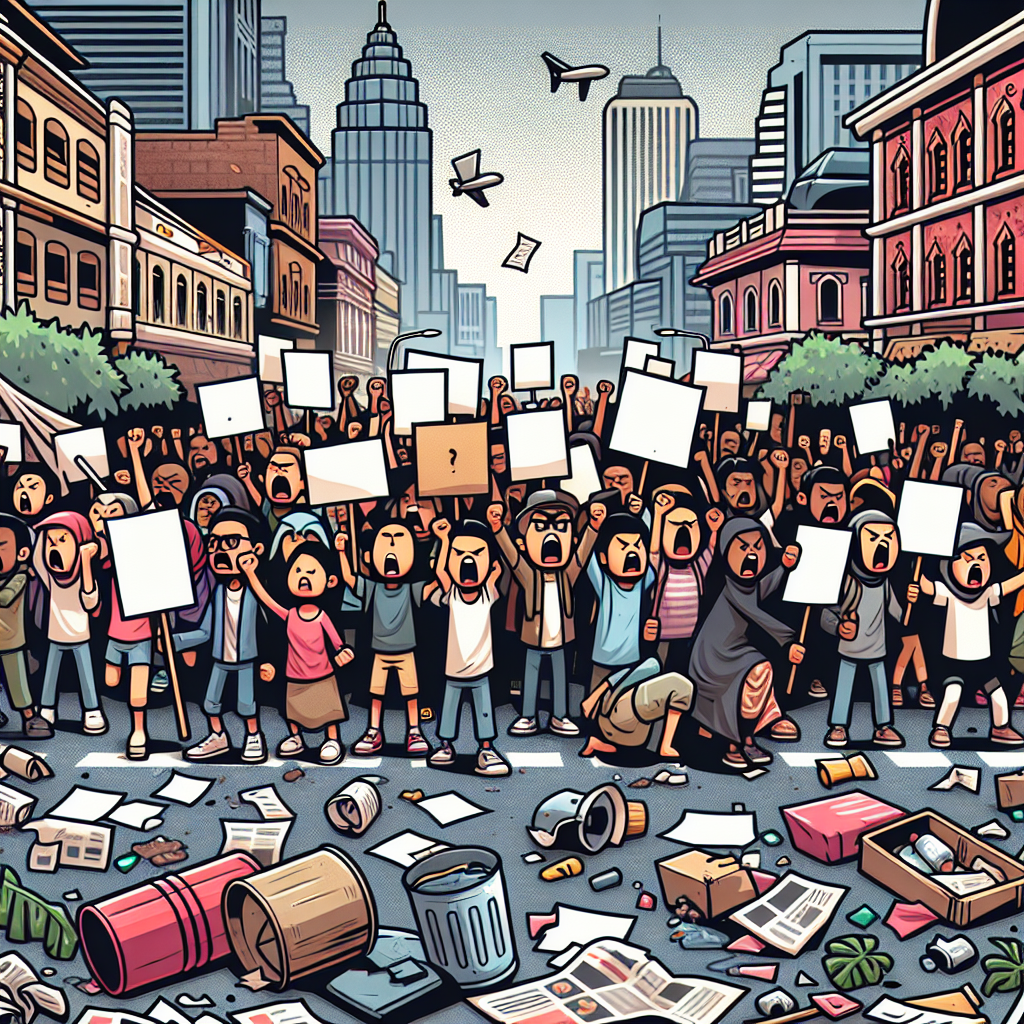Madagascar's Unrest: A Nation at a Crossroads
Madagascar's Prime Minister, General Ruphin Fortunat Zafisambo, condemned the excessive force used by both protesters and security personnel amid ongoing anti-government demonstrations. Triggered by utility shortages, the protests demand President Rajoelina's resignation. The unrest threatens Madagascar's economy and prompts international human rights concerns.

In Madagascar, Prime Minister General Ruphin Fortunat Zafisambo strongly criticized the excessive use of force by both protesters and security forces amidst ongoing anti-government demonstrations. These protests, initially spurred by water and electricity shortages, have now catalyzed calls for President Andry Rajoelina to resign.
The demonstrations have resulted in numerous casualties, with disputed death tolls between the government and the United Nations. At the heart of the unrest lies a burgeoning economic crisis, threatening Madagascar's vital exports like vanilla, nickel, and textiles.
International bodies, including the United Nations, have raised alarms over the actions of security personnel. The Prime Minister calls for solidarity and restraint, emphasizing Malagasy values of brotherhood. Meanwhile, unresolved power issues compound the political and economic instability facing the island nation.
(With inputs from agencies.)










